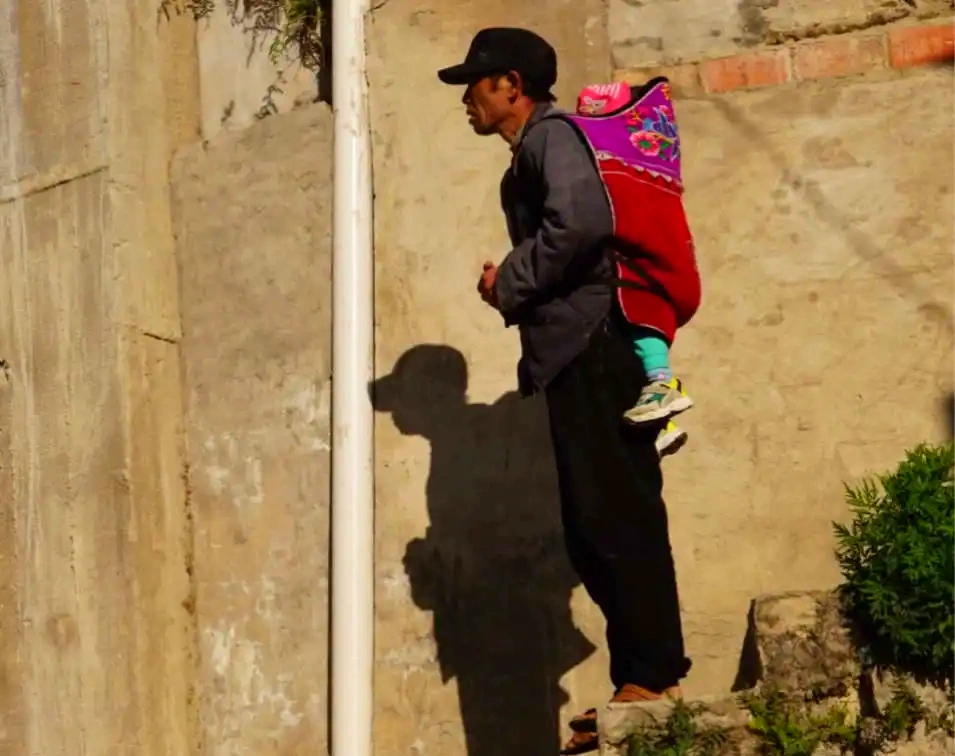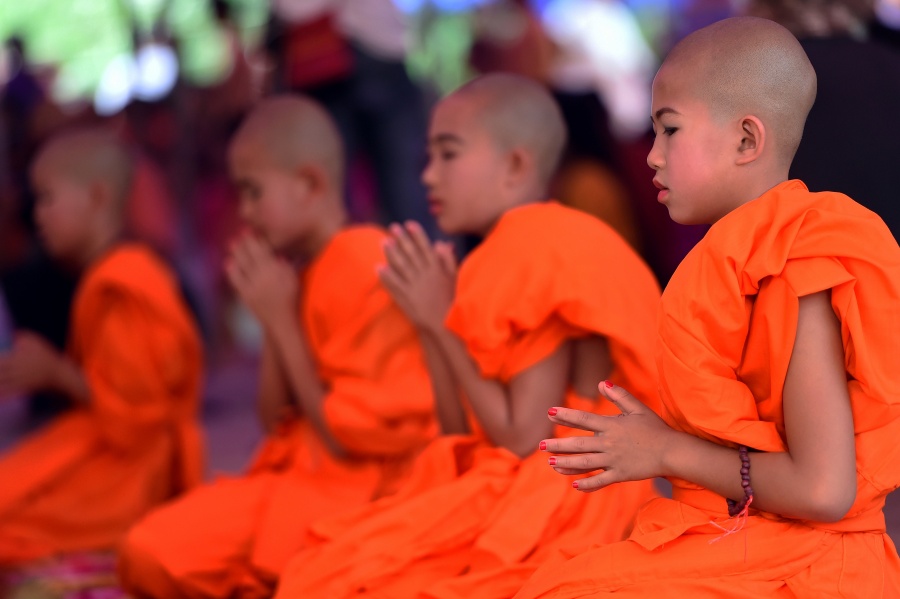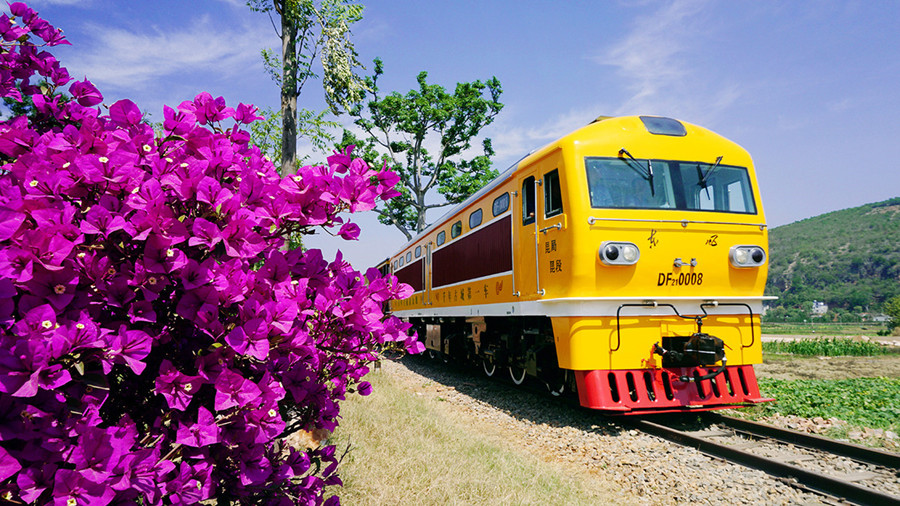 alt="Dali Erhai Lake Ecological Corridor from Xiaguan to Taoyuan"
/>
alt="Dali Erhai Lake Ecological Corridor from Xiaguan to Taoyuan"
/>
Yunnan Eighteen Oddities
Yunnan Province, located in southwest China, is renowned for its extraordinary cultural diversity, stunning landscapes, and unique traditions. One of the most fascinating aspects of Yunnan is its Eighteen Oddities (云南十八怪), a collection of peculiar customs, sayings, and practices that highlight the province’s distinctive character. These oddities reflect the rich ethnic cultures, the varied climate, and the creative spirit of the local people. They provide an intriguing glimpse into the everyday life of the region, blending humor, practicality, and the quirky charm of Yunnan.
The Eighteen Oddities are not only amusing but also deeply rooted in Yunnan’s history and culture. From the way eggs are sold in clusters tied with straw to the tradition of wearing flowers year-round, these peculiarities are emblematic of the region’s ability to blend the ordinary with the extraordinary. Yunnan’s diverse ethnic groups, such as the Bai, Yi, Hani, and Miao, have shaped a unique social fabric where local customs and practices vary dramatically from one area to another.

 7 Days GolfingTour
7 Days GolfingTour
 8 Days Group Tour
8 Days Group Tour
 8 Days Yunnan Tour
8 Days Yunnan Tour
 7 Days Shangri La Hiking
7 Days Shangri La Hiking
 11 Days Yunnan Tour
11 Days Yunnan Tour
 6 Days Yuanyang Terraces
6 Days Yuanyang Terraces
 11 Days Yunnan Tour
11 Days Yunnan Tour
 8 Days South Yunnan
8 Days South Yunnan
 7 Days Tea Tour
7 Days Tea Tour
 8 Days Muslim Tour
8 Days Muslim Tour
 12 Days Self-Driving
12 Days Self-Driving
 4 Days Haba Climbing
4 Days Haba Climbing
 Tiger Leaping Gorge
Tiger Leaping Gorge
 Stone Forest
Stone Forest
 Yunnan-Tibet
Yunnan-Tibet
 Hani Rice Terraces
Hani Rice Terraces
 Kunming
Kunming
 Lijiang
Lijiang
 Shangri-la
Shangri-la
 Dali
Dali
 XishuangBanna
XishuangBanna
 Honghe
Honghe
 Kunming
Kunming
 Lijiang
Lijiang
 Shangri-la
Shangri-la
 Yuanyang Rice Terraces
Yuanyang Rice Terraces
 Nujiang
Nujiang
 XishuangBanna
XishuangBanna
 Spring City Golf
Spring City Golf
 Snow Mountain Golf
Snow Mountain Golf
 Stone Mountain Golf
Stone Mountain Golf








 What Our Customers Say?
What Our Customers Say?
